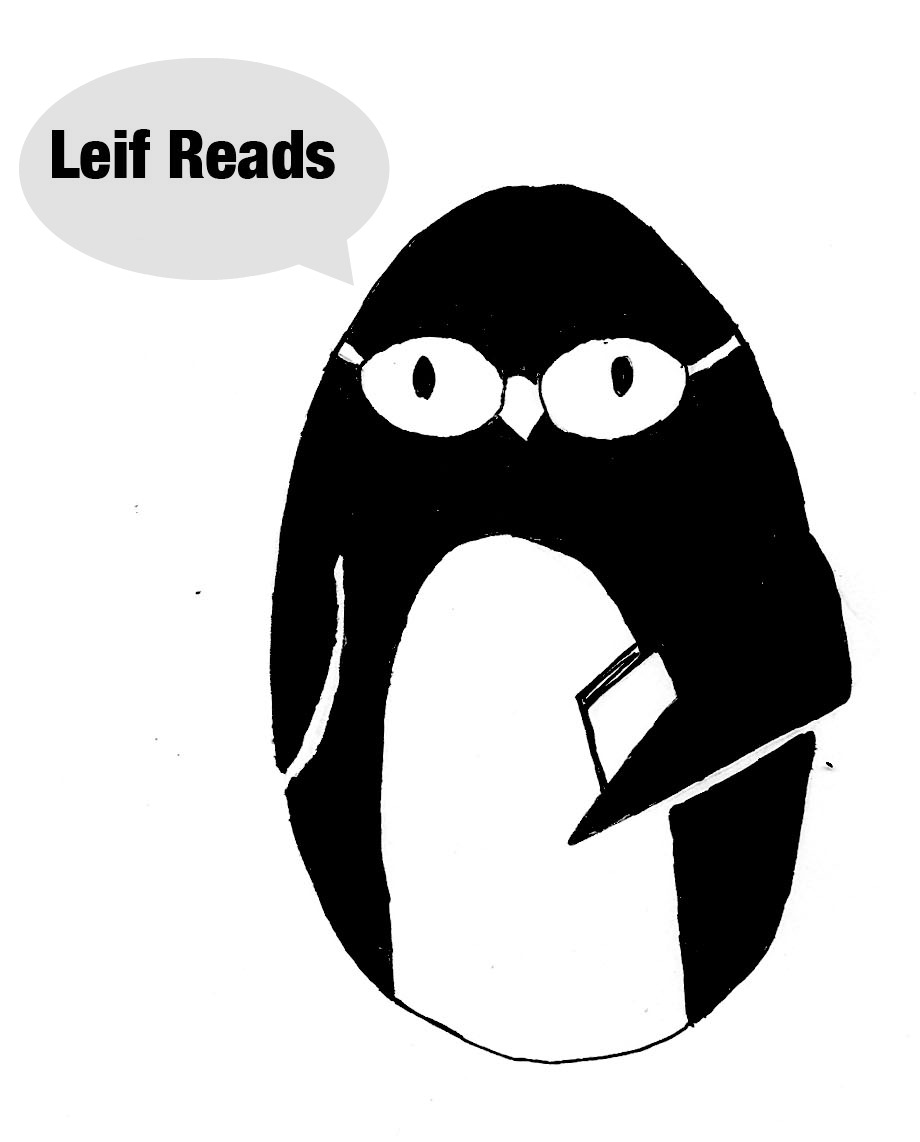
Leif Reads is a monthly feature I work on with Aths of Reading on a Rainy Day. Each month we choose a book that covers an environmental topic and discuss these topics and the book.
This month we're talking about Michael Perry's Coop, the story of his year working on his parents' old farm with his wife, daughter, and baby on the way. The book isn't overtly environmental, but I think it's a little bit more accessible than some of the other books Aths and I have read for this project. And that is of course because Coop is a story with characters and problems--not that the other two books we read were not-- but I'll just say I was able to read Coop for over an hour last night and didn't feel tired at all.
In the first third of the book Perry really seems to outline the differences between his childhood and the present. Similarly to the graphic novel Essex County, Michael Perry's viewpoint works well for all readers because he talks about leaving the farm and coming back. He has lived both lives. Or at least it works well for me since that has in some ways been my own experience in life. The childhood he describes is truly from another time, when children were always expected to do chores at home and not everyone had a TV. Technology was something special and strange. It wasn't a given. I especially liked the passage about an old stove his parents had in their house:
"A neighbor came to help with the lifting, and once the stove was reassembled upstairs, its squat bulk anchored the entire first floor. Mom cleaned it up and rubbed it down with blacking, and although the shiny bits were dimmed and pitted, they did take a polish, and the blue Monarch logo still scrolled beautifully across the white porcelain enameling of the oven door. She rarely baked in the stove, but we often came in from wood-gathering expeditions to the scent of smoked ham and vegetables in a cast iron pan that had percolated on the stovetop all day long, and as we ate, our caps and mittens dried in the warming ovens flanking the central stovepipe and its butterfly damper, which reminded me loosely of the Batman logo. On cold school mornings, we tussled to see how many of us could plant our hindquarters on the warm oven door." (22)

While I think this passage is just nice in general, good images and language, I think it shows how differently people used to think about things like gathering wood, heating a stove, and so on. It was just a normal way of life. But now we have technology to do a lot of these things for us which distances us from our lives. We don't think about where the warmth of our homes comes from or where our food comes from. And while this technology is great, I think it has mentally made us a little complacent.
That seems to be what Coop is really about so far. Stepping back in time with your family and trying to live a different way. I'll be interested to see what else we can pull out of this book to understand the environmental aspects of farming Perry experiences.
I am an Amazon Affiliate. If you make a purchase using one of my links I will earn a small percentage which will then go back into this blog.